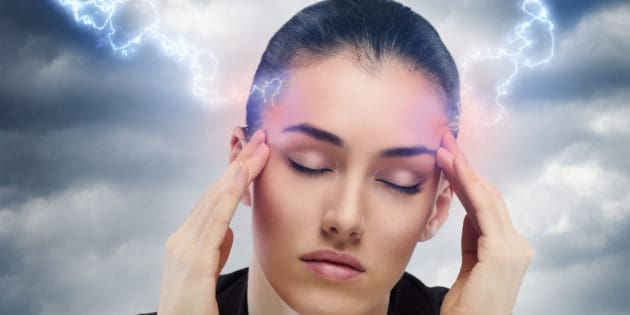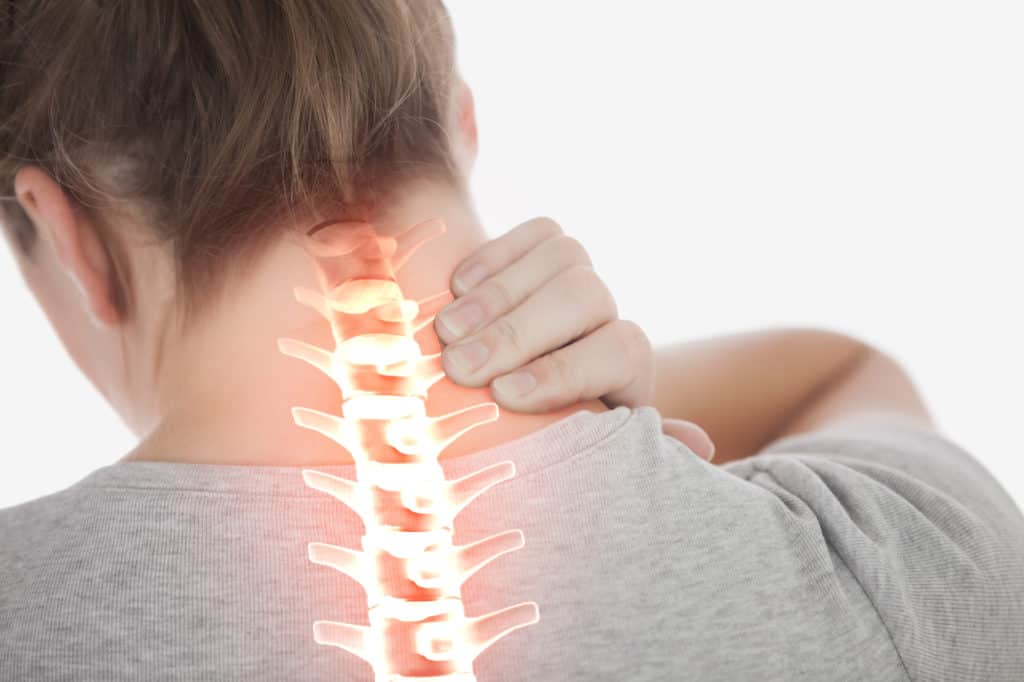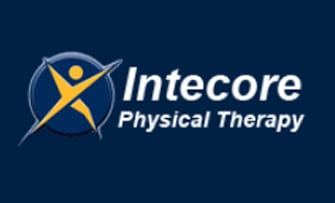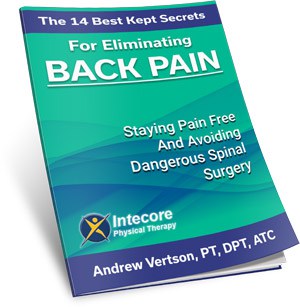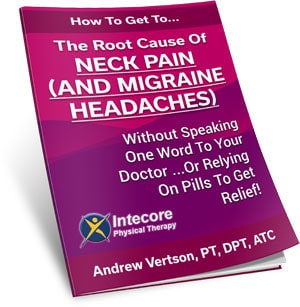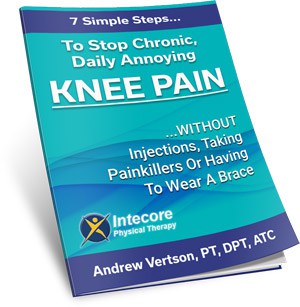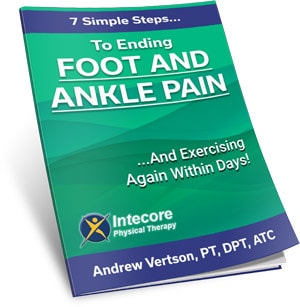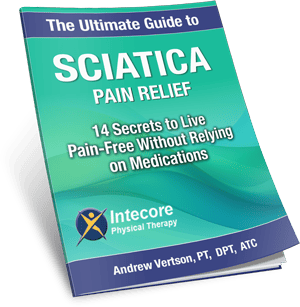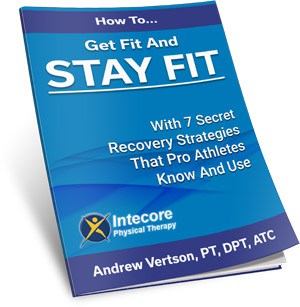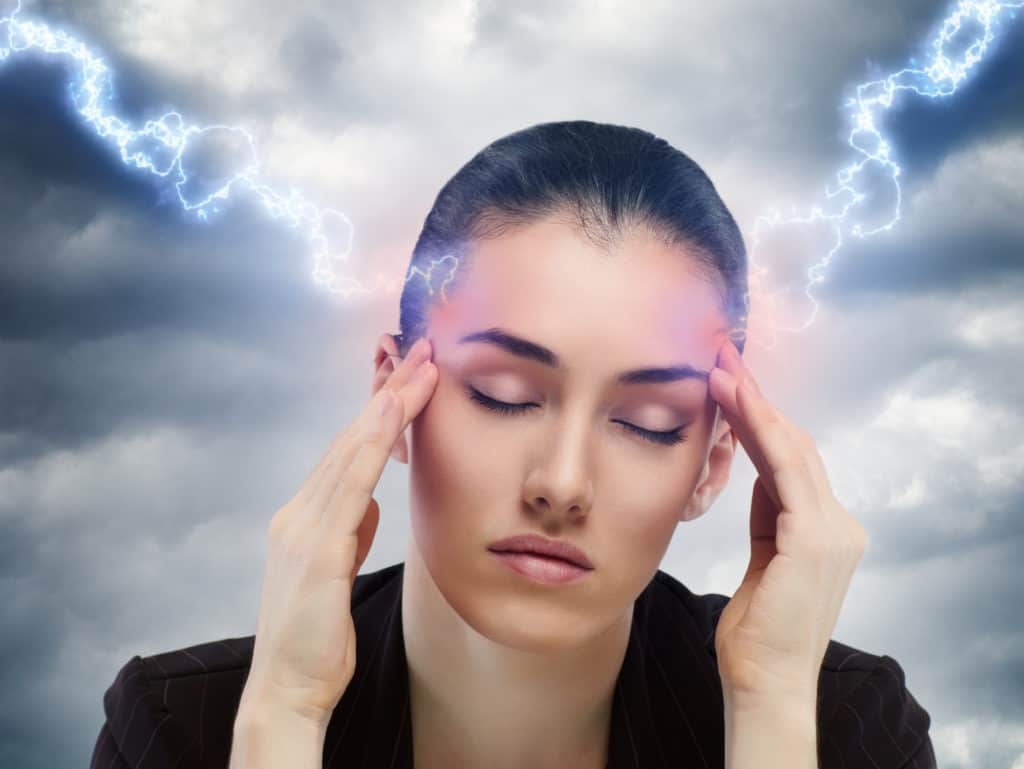
Headaches. They’re a real pain in the neck.
The author Mark Lawrence famously said, “Some pain you can distance yourself from, but a headache sits right where you live.”
‘Ain’t that the truth?
When you have a headache, there is no escape – all doors are closed.
It’s like the constant, repetitive beat of a bass drum – except the drum is your skull. Every time your heart beats, your head throbs like you’ve been hit with a blunt instrument, or you feel sharp, searing pain in the side of your head that feels like it’s being excavated with a pickaxe.
Nothing ever seems to help either. Painkillers dampen the pain, of course, but they never fully take it away – and the teeth-clenching pain bangs on.
Headaches never really appear in isolation. All too often, they bring fatigue, nausea, dizziness, and an aversion to bright lights along to join the head-banging. Life stops. Everything is on pause while you deal with the all-consuming pain.
But what do headaches have to do with your neck?
This blog explores the intricate nerves, vertebrae, muscles, and connective tissues that connect your head and neck. The structures that keep them upright and explains why – even though your main issue is with your neck – that you’re also experiencing headaches. But most importantly, we share our favorite tips on how to stop neck pain and prevent headaches.
Neck Pain and Headaches: What’s The Connection?
At the point where the head meets the neck, there are entire webs of nerves, veins, and arteries sending nerve signals, blood, and oxygen back and forwards between the heart, brain, and the rest of the body. And these complex superhighways of vitally important structures weave in and out of the delicate spinal column. They envelop the cervical vertebrae*. Wrap around muscles, and extend into ligaments, which means there are many reasons you might have a sore neck. Unfortunately, in some cases, neck pain can lead to headaches.
*The neck consists of seven vertebrates which make up the top part of the cervical spine. There are several vital nerves located at the back of the neck, which are part of the spinal cord.
The headaches that neck pain causes are called cervicogenic headaches. This type of headache begins at the back of the neck with the pain rising into the head, on one side – although not always. You’re likely to feel pain or stiffness in the neck, with a possible reduction in mobility, at the same time as the headache.
One of the many reasons for this type of headache is that a stiff neck can be a tell-tale symptom of a herniated cervical disc or other irritation on the spinal nerves. A herniated cervical disc occurs when one of your spinal discs – the cushions between your spinal bones, bulges (and loses some of its gel-like paddings) and presses on the surrounding nerves. As well as neck pain and possible headaches, you may also experience numbness, weakness, or tingling in your fingers, arm, or shoulders.
In cases where the herniated disc is near your spinal cord, tingling may run down into your legs. You may feel electric shocks in your lower body or have problems with balance and coordination.
The headaches that happen due to neck pain may result in a dull nagging pain, which can persist in your head and neck. Depending on what cervical nerves are affected, you may have sharp shooting pains that will affect the temple, behind one eye, or at the back of the skull. Often the type of pain that is associated with this problem can feel like someone is stabbing you. These pains sometimes travel down the spine, resulting in pain in the back or weakness in your shoulders.
Another reason for neck pain causing headaches is due to tension.
Tension headaches result in neck pain and headaches due to chronic tension in the muscles at the bottom of the skull. In many cases, this tension is due to a lack of sleep, build-up of stress, or anxiety. But they can also be due to injury. If tension is the cause of your neck pain and headaches, you’ll most likely have a thumping headache that affects the temple area of the skull. Other symptoms related to this issue include feeling tired throughout the day, difficulty sleeping, increased sensitivity towards light, and more irritability.
Do you feel like your shoulders are always up next to your ears? It might be time for a vacation or to try some relaxation techniques like nasal breathing, meditation, or yoga. Switch notifications off on your phone and take some time out from the chaos of daily life. These techniques are great for stress relief and general wellbeing. But when stress is the trigger, they’re also great for neck pain and headaches because they activate the parasympathetic nervous system, which allows the body to relax, rest, and repair.
Many other things can cause neck pain and headaches. They can be the result of using a lousy pillow or mattress. Research has found that sleeping on a comfortable mattress or pillow can significantly reduce neck pain. We would certainly support the idea that it pays to invest in finding the right sleeping setup. As Goldilocks would say, not too hard and not too soft – as both can come with their own set of problems. Many companies now allow you to test out their products for 100 days+ (some even offer a 365-day trial) to determine whether it works for you.
Aside from a herniated disc, tension, or a poor mattress, neck pain can also be caused by any damage to the nerves or vertebrae, as this causes the muscles to become tense. Injury or inflammation to the organs or structures in the neck can also be very painful. Sometimes, this reaction is caused by the occipital lymph glands at the back of the skull becoming swollen due to a bacterial skin infection, tiny parasites – like ringworm or head lice, the rubella virus, psoriasis, or in rare cases, Melanoma (skin cancer).
In cases where neck pain causes pain in your back, it will reduce the level of mobility that you have in your head and upper body. Turning your head suddenly from side to side can result in an increased level of head pain.
Another often overlooked cause of neck pain and headaches is Arthritis, which happens when osteoarthritis affects the spine. The protective cartilage begins to get worn down, allowing the bones to rub against each other and cause pain.
So, you see, headaches everything to do with your neck, and there are a million and one reasons why you might be experiencing neck pain and headaches. The neck is a complex part of the anatomy. It’s almost impossible to diagnose yourself. We always recommend you consult with a Physical Therapist to find out the root cause of your neck pain and headaches.
How To Treat Neck Pain and Headaches
There are many ways you can treat neck pain and headaches without having to resort to dangerous pain pills, steroid injections, or surgery. Of course, we recommend you consult with a Physical Therapist – without delay, for a top-to-toe examination and proper diagnosis of what’s causing your pain. But there are some things you can do at home to help improve your symptoms.
Heat therapy in the form of ice packs or heat wraps can be helpful. As is a gentle massage to relax your muscles and potentially reduce the pressure on pinched nerves. Peppermint oil, too, or red and white tiger balm are excellent ointments to massage the particularly painful areas, but please use sparingly. A little goes a very long way.
Stretching exercises are also an excellent way to deal with the pain in your neck and reduce a headache, as this reduces the level of tension affecting the muscles in your neck. You could try gentle yoga or Pilates, but we’d recommend you have your neck examined by a Physical Therapist before embarking on any new exercise routine. When clients visit us in the clinic, we provide them with personalized exercises to do at home to help resolve their problems as quickly and as effectively as possible. Don’t waste your time with generic neck exercises from YouTube – especially as they may worsen your symptoms.
But by far, the best way to get out of pain fast is to consult a neck and shoulder specialist, which is what we are at Intecore Physical Therapy. We have been treating families and patients just like you for over 20 years. We treat neck pain and headaches every day. We help end your suffering fast.
We offer all new patients a completely free 30-minute consultation with one of our Neck & Shoulder Specialists – either over the phone or face to face at the clinic. Talk to a physical therapist, explain your predicament, and get expert advice on the most effective treatment to get you out of pain. All without parting with a dime. What have you got to lose? Book now.
- 7 Ways to Get Rid of Tension Headaches Naturally - July 1, 2025
- Why Are My Feet Swollen? Common Causes Explained - June 2, 2025
- What Is Restless Leg Syndrome? Symptoms, Causes, and Relief Options - May 5, 2025

